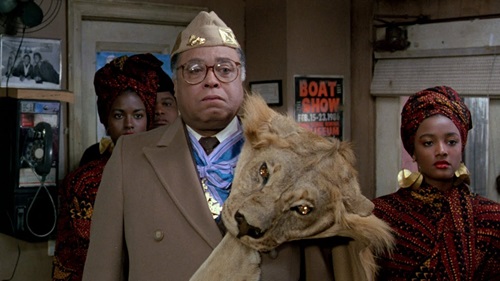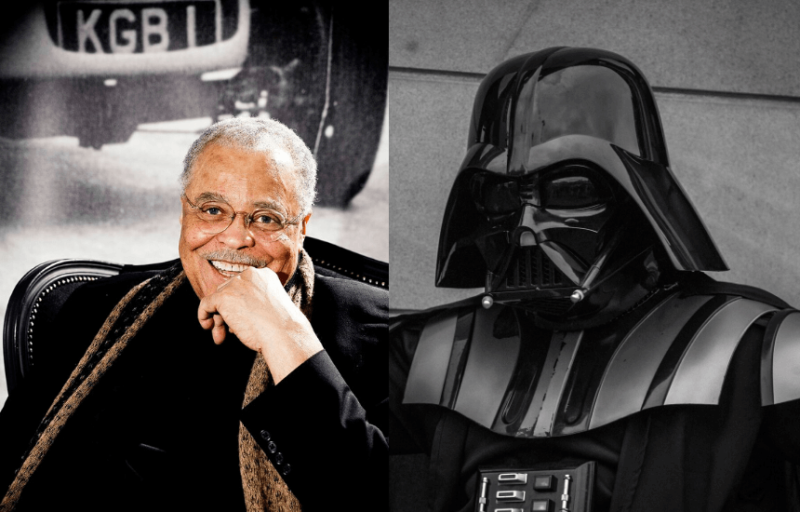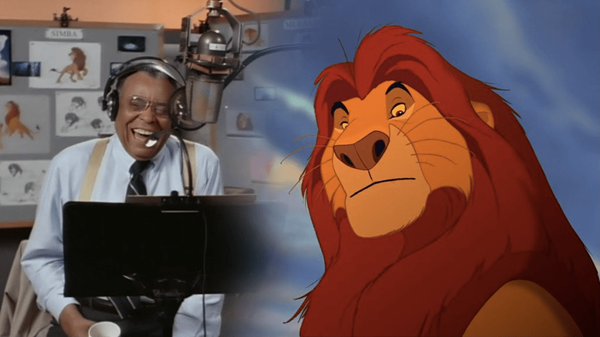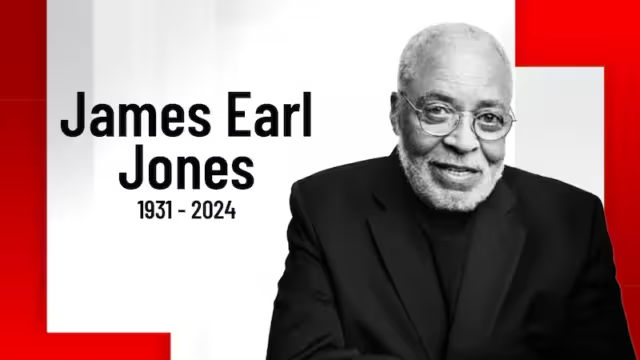By Lucas Camacho
James Earl Jones, a name synonymous with powerful performances and an unparalleled voice, has passed away on Monday September 9th according to his representative. He was 93. Jones carved a unique niche in the realm of acting and is remembered for his memorable roles in films from his first film role in 1964’s Dr. Strangelove to his reprisal of his role as King Joffer in the 2021 sequel to Coming to America.

Born on January 17, 1931, in Arkabutla, Mississippi, Jones faced significant challenges during his formative years, including a profound speech impediment that left him mostly mute until the age of 14. This struggle, however, did not deter him; instead, it became the catalyst for his remarkable career.
Jones’s academic journey began at the University of Michigan, where he initially studied pre-med before discovering his passion for acting. His early exposure to theatre through the university’s program allowed him to hone his skills, culminating in his first major role in the Broadway production of The Great White Hope in 1968. The play, which tackled issues of race and identity, not only showcased his immense talent but also garnered him a Tony Award, marking the beginning of an illustrious career.
One of Jones’s most notable achievements was his distinctive voice, which has become iconic in film and television. His vocal prowess has lent itself to a variety of memorable roles, most famously as the voice of Darth Vader in the Star Wars franchise. This role not only solidified his status as a cinematic legend, but also introduced his deep, resonant voice to a new generation of fans.

Beyond science fiction, Jones’s versatility was evident in his performances in dramas such as “Field of Dreams,” where he portrayed the poignant character of Terence Mann.

In The Lion King, where he voiced the wise and noble Mufasa.

Throughout his career, Jones has been a pioneer both on-screen and off. He broke barriers for African American actors, demonstrating that talent transcends race and paving the way for future generations. His work has not only entertained audiences but also sparked important conversations about race, identity, and the human condition.
In addition to his film and stage accomplishments, Jones’s contributions to the arts have been recognized with numerous accolades. He received several Emmy Awards, a Grammy Award for his spoken word album, and an Academy Award nomination for his role in The Great White Hope. In 2016, he was awarded an Honorary Academy Award, a testament to his enduring impact on the film industry.

James Earl Jones was not merely an actor; he was, and still is, a cultural icon whose work resonates with audiences worldwide. His journey from a shy boy with a speech impediment to a celebrated actor is a testament to the power of perseverance and passion. His story will continue to inspire through his performances and the impact his advocacy for the arts had on the world. Jones’s legacy is one that will undoubtedly endure for years to come. His remarkable contributions to theatre and film remind us of the transformative power of storytelling and the importance of representation in the arts. Of course, his greatest legacy will always be one of the greatest twists in cinema history with the line: “I am your father…”






